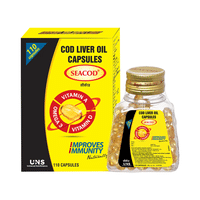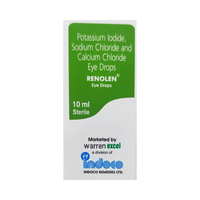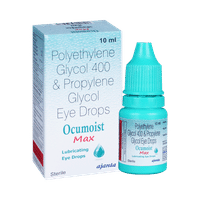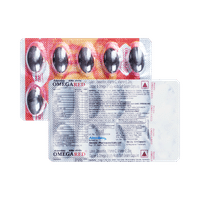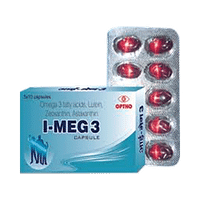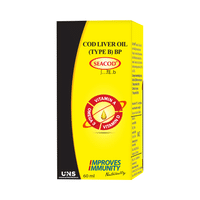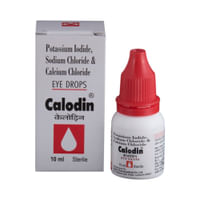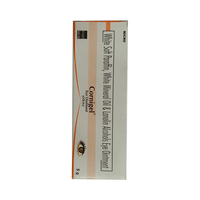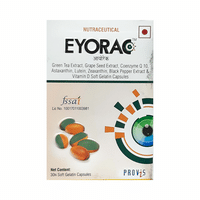Timolast 0.5% Ophthalmic Gel
Rs.66.40for 1 packet(s) (5 ml Ophthalmic Gel each)
food interaction for Timolast Ophthalmic Gel
alcohol interaction for Timolast Ophthalmic Gel
pregnancy interaction for Timolast Ophthalmic Gel
lactation interaction for Timolast Ophthalmic Gel
food
alcohol
pregnancy
lactation
No interaction found/established
No interaction found/established
Timolast 0.5% Ophthalmic Gel may be unsafe to use during pregnancy. Although there are limited studies in humans, animal studies have shown harmful effects on the developing baby. Your doctor will weigh the benefits and any potential risks before prescribing it to you. Please consult your doctor.
CONSULT YOUR DOCTOR
Timolast 0.5% Ophthalmic Gel is probably safe to use during breastfeeding. Limited human data suggests that the drug does not represent any significant risk to the baby.
SAFE IF PRESCRIBED
SALT INFORMATION FOR Timolast 0.5% Ophthalmic Gel
Timolol(0.5%)
Timolast ophthalmic gel uses
{med_name} is used in the treatment of glaucoma and ocular hypertension.
How timolast ophthalmic gel works
Timolast 0.5% Ophthalmic Gel is a beta blocker. It works by decreasing the production of aqueous humour (fluid in the eye), thereby lowering the increased eye pressure.
Common side effects of timolast ophthalmic gel
Burning eyes, Stinging in the eyes
SUBSTITUTES FOR Timolast Ophthalmic Gel
No substitutes foundExpert advice FOR Timolast Ophthalmic Gel
- Timolol helps lower high pressure in the eye and reduces the risk of vision loss.
- Apply pressure on the corner of the eye (close to the nose) for about 1 minute, immediately after instilling the drop.
- Wait for at least 5-10 minutes before delivering the next medication in the same eye to avoid dilution.
- Notify your doctor if you have lung or heart diseases as Timolol may worsen these conditions.
- Stinging sensation may occur for 1-2 mins. Notify your doctor if it persists for longer.
- Make sure to use within 4 weeks of opening the bottle.
Frequently asked questions FOR Timolast 0.5% Ophthalmic Gel
Timolol
Q. What does Timolast 0.5% Ophthalmic Gel do?
Timolast 0.5% Ophthalmic Gel reduces the pressure inside the eyes, known as intraocular pressure. This helps to reduce the risk of damage to the optic nerve which is responsible for normal vision. If the pressure in the eye is not controlled, it can gradually with time lead to blindness. Timolast 0.5% Ophthalmic Gel effectively controls ocular hypertension and certain types of glaucoma by decreasing the pressure in the eyes.
Q. How should you use Timolast 0.5% Ophthalmic Gel?
Timolast 0.5% Ophthalmic Gel eye drops are usually instilled once or twice a day at evenly spaced intervals until the pressure in the eye is controlled (about 4 weeks). After that, it can be instilled once a day or as advised by the doctor. Follow the directions of your doctor carefully, and ask your doctor to explain any part you do not understand. Use Timolast 0.5% Ophthalmic Gel in the dose and duration advised by your doctor.
Q. Can I stop Timolast 0.5% Ophthalmic Gel if I am fine now?
No, you should not stop using Timolast 0.5% Ophthalmic Gel without consulting your doctor. If you stop taking this medicine suddenly, the pressure in your eyes may not be controlled which may increase the risk of loss of sight.













